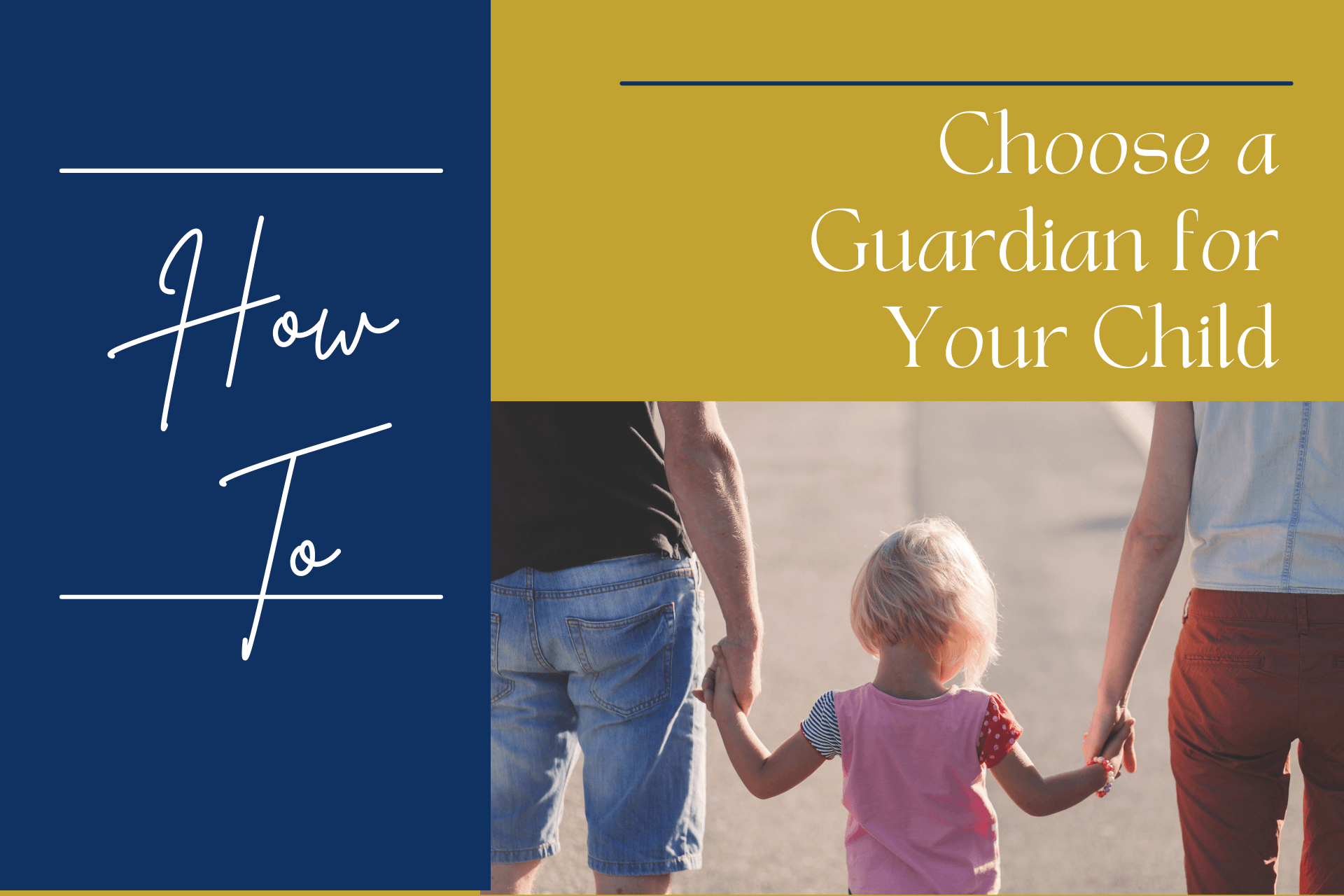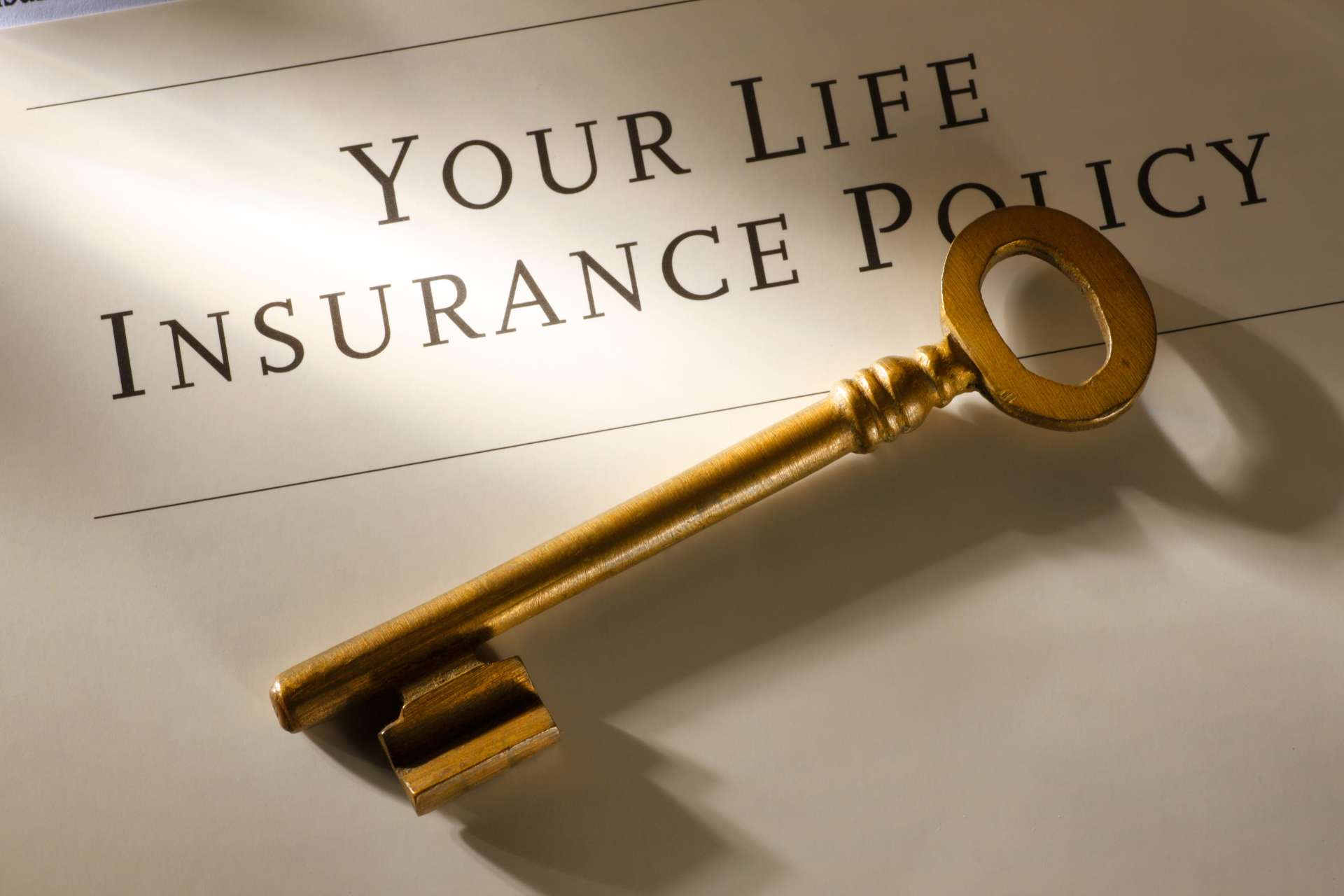How to Choose a Guardian for Your Child
Make Sure Your Children are Provided For

Appointing a guardian for your children might seem morbid. If you're a healthy person who doesn't work a dangerous job, it may also strike you as unnecessary, since your decision usually only matters if you die or become disabled before your child's 18th birthday. But estate planning is all about hoping for the best and preparing for the worst.
In this case, if the worst does happen and no guardian has been appointed, then your children are considered wards of court. A ward who is over the age of 14 can nominate a guardian for him- or herself, and the court will appoint the nominee under most circumstances. However, if the ward is under 14, then the court will appoint a guardian for the minor. If that thought makes your skin crawl, then it's time to make a nomination of your own, which you can do by adding a clause to your last will and testament or durable power of attorney. Just like a ward's nomination, this dictate will be accepted in the vast majority of cases.
Multiple Options
There are three kinds of guardians for minors. The first is a Guardian of the Person. This is probably what you think of first when you think of guardianship. It is the guardian with whom the child lives and who makes the decisions about the child's life that a parent would usually make. The second is a Guardian of the Estate, appointed in cases in which the ward has more than $25,000. He or she will help the minor administrate the money. The third is a Guardian of the Person and Estate. No matter whether you nominate one guardian for your child or two, the probate court will be the superior guardian. That means the court reserves the right to revoke a guardianship and will check in with your child regularly to make sure he or she is being taken care of. All guardians must follow court orders.
You may appoint multiple guardians of the same kind for different time periods. For example, you could have your child stay with one guardian until he or she is 13 and another thereafter. This may be the right option if you want to appoint your parents as guardians but don't think they would be up to the task of caring for young children. It may, however, be disruptive to the kids' lives.
It is also a good idea to name a backup in case your first choice isn't able to take on the responsibility. There are many reasons why this might be. You have no way of knowing what your friends and families' circumstances will be at the time of your death or disability. Fortunately, you can name as many backups as you want.
When making your choice, be sure to consider all factors. It's important to choose someone who is in a stable financial situation and has enough free time to care for children. You may choose someone who lives near you, or someone who lives somewhere you can imagine your kids growing up. The important thing is to choose someone you can picture taking good care of your children.
This is a brief overview of a complicated topic. There are other provisions and exceptions, and rules may vary from one jurisdiction to the next. Always consult an attorney at Nash Bean Ford & Brown before modifying your will or making any decisions about guardianship.
Copyright HomeActions, LLC © 2012 - 2022. Powered by IndustryNewsletters, v5.8.17











Share On: